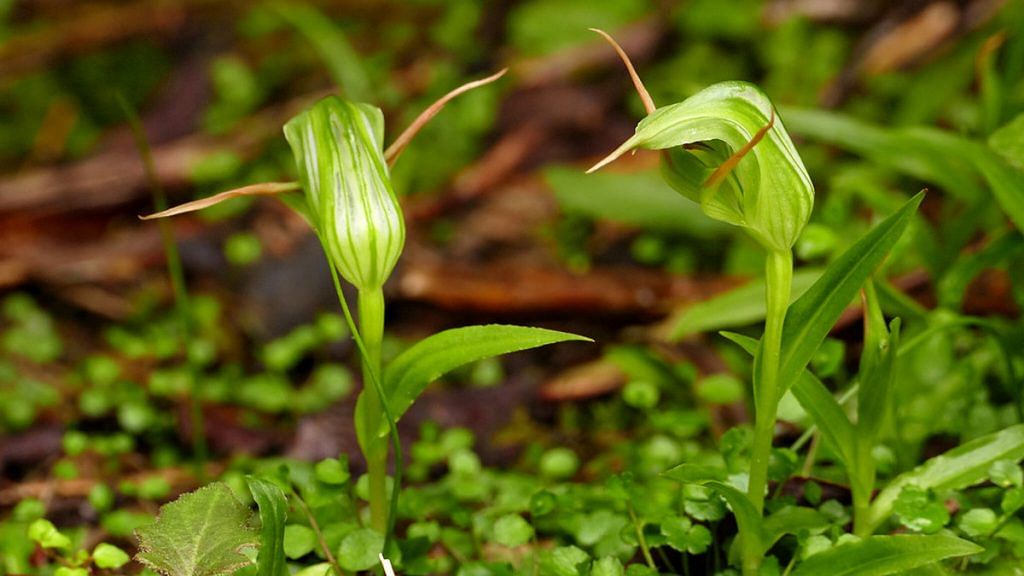Bengaluru: An international team of scientists has discovered the mechanism through which plants pass on memories to their offspring, a process that could subsequently lead to growth and developmental defects in young plants.
The process occurs through the method of epigenetic regulation, where chemical modifications are induced in the plant DNA, which change the genes that are expressed, thus modifying growth. This reflects as plants sensing and ‘remembering’ changes in the environment.
Epigenetic information is normally reset during sexual reproduction to enable normal growth of offspring. But the research team found that some plants forget to reset and pass the information to their offspring, thus affecting their chances of survival.
The findings — made by a team of researchers from the UK, France, Germany, Japan, and US — were published in the journal eLife last month.
Also Read: The greatest colonisers on earth? Plants. And this is how they did it
Passing on memories
The scientists narrowed down their hunt for genes affecting plant growth from memories to two proteins that were previously thought to only control the timing of the flowering process. The team discovered that these proteins, ELF6 and REF6, failed to reset during reproduction, which caused information to flow through to the offspring through modifications of histone proteins that provide structural support to a chromosome.
The team was able to demonstrate that in plants where these chemical marks were not reset, subsequent generations ended up with growth defects as well as activation of genes that would normally not get activated.
“Our study into the proteins that regulate plant memory has shown how important it is for chemical marks to be reset during sexual reproduction in order to avoid offspring inheriting inappropriate ‘memories’ that lead to growth and developmental defects associated with genome instability,” said Jose Gutierrez-Marcos, a senior author on the paper from the School of Life Sciences at the University of Warwick in an accompanying press release.
“The next step is to work out how to manipulate such ‘memories’ for plant breeding purposes, so that subsequent generations show greater adaptability to allow them to thrive in a changing environment,” he added.
Also Read: Medicinal plant evolves to hide from humans, blends in with environment where harvested
